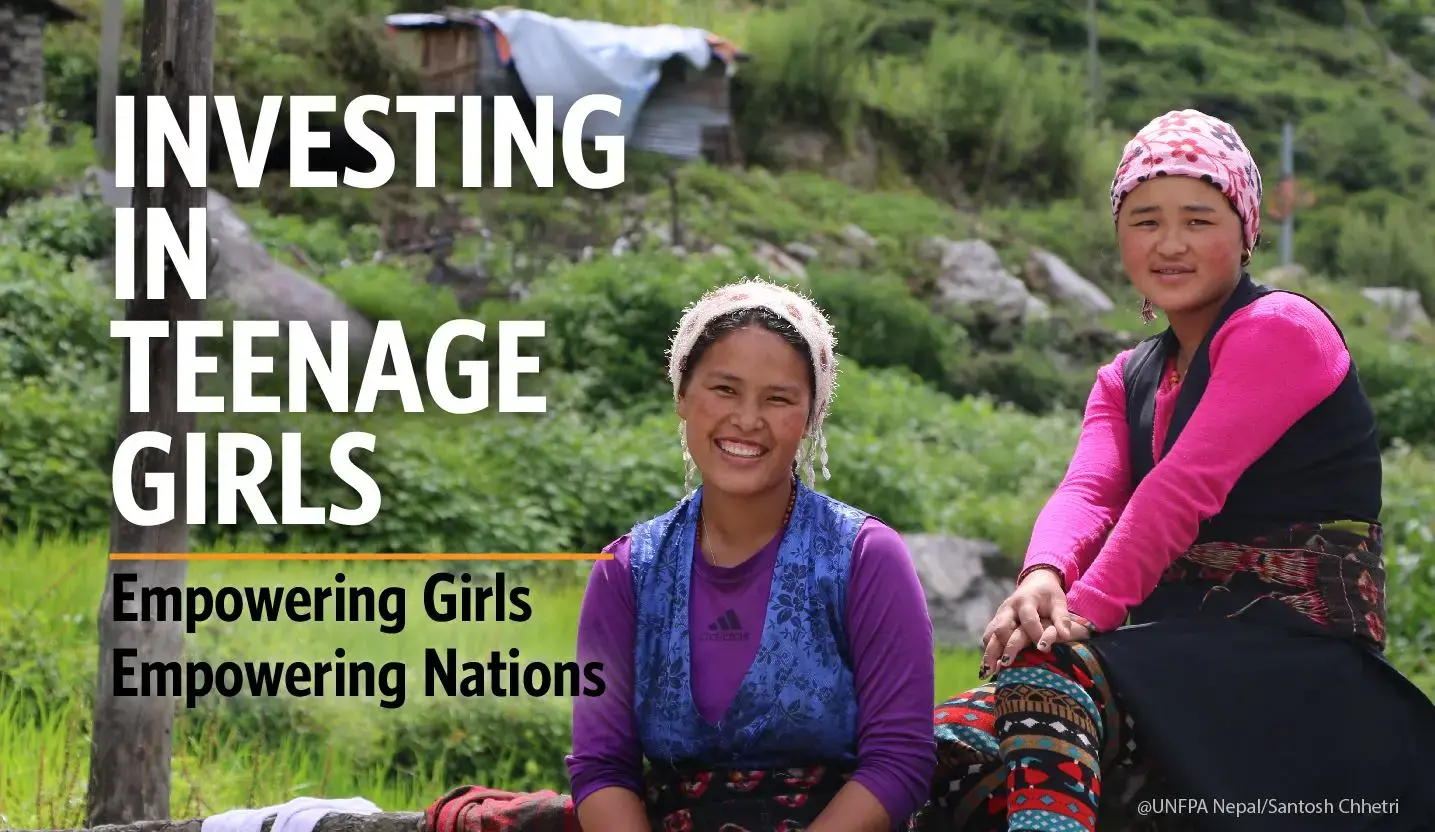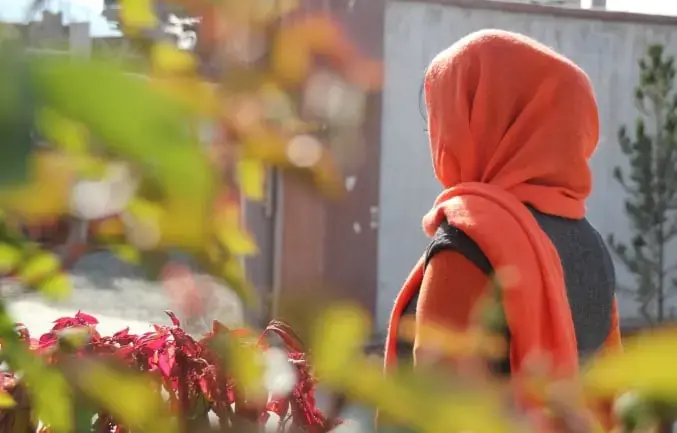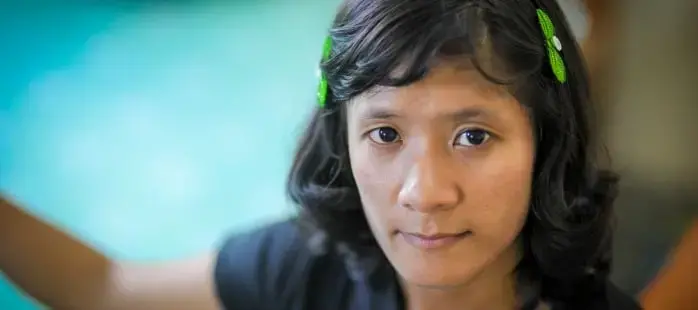Empower girls. Empower nations.
When: 10 am to noon, Monday, July 11, 2016
Where: Hotel Novotel Ploenchit Sukhumvit, 566 Ploenchit Road, Bangkok [next to Ploenchit BTS]
Panel Discussion Participants:
1. Rachana Sunar, Founder, Sambad Centre, Nepal: A women’s rights activist, fighting to end child marriage [“A girl is a girl, not a wife” – The Guardian, June 7, 2016]
2. Nada Waeyusoh, President, Children and Youth Council of Thailand: Working on the crisis of teenage pregnancy in Thailand.
3. Muhammad Reysa, UNFPA Indonesia Youth Advisory Panel / Youth Delegate, Women Deliver 2016: Working with faith-based organizations and other civil society bodies to educate men and boys on the need to work with and support women and girls to bring about genuine gender equality
4. Rasa Sekulovic, Regional Head of Child Protection, Plan International Asia-Pacific: How to integrate gender issues and the need to invest in young persons within the implementation of the Sustainable Development Agenda 2030 – the Plan International perspective
Moderator: Alisa Tang, Senior Correspondent/Editor, Thomson Reuters Foundation
Event Flow:
930 am: Registration
10 am: Opening Remarks: Yoriko Yasukawa, UNFPA Asia-Pacific Regional Director
10:05 am: Panel Discussion
11:30 am: Q&A with the audience
11:30 – noon: Refreshments/Meet the panelists
RSVP (including media interview requests):
Supaporn Chatwanichkul: chatwanichkul@unfpa.org / +66 2 687 0159
Roy Wadia: wadia@unfpa.org / +66 2 687 0111
Background and Context:
In 1989, the Governing Council of the United Nations Development Programme recommended that in order to focus attention on the urgency and importance of population issues in the context of overall development plans and programmes, and the need to find solutions for these issues, 11 July should be observed by the international community each year as World Population Day.
The UN General Assembly has asked the United Nations Population Fund (UNFPA) to lead on World Population Day and activities aimed at building better awareness of population issues globally, including their relation to social and economic development. Addressing these issues successfully is integral to achieving the Sustainable Development Goals and the 2030 Agenda.
World Population Day 2016: “Investing in Teenage Girls”
Teenage girls across Asia-Pacific and around the world face more and greater challenges than their male counterparts. In many countries, a girl who reaches puberty is deemed by her family and community as ready for marriage, pregnancy and childbirth. She may be married off and forced to leave school. She may suffer a debilitating condition from delivering a child before her body is ready for it. She may be denied her basic human rights.
Without education, in poor health, and with little or no control over her own body, her future can be derailed, and her potential may never be realized. The challenges and obstacles faced by a teenage girl multiply if she is a member of an ethnic minority, lives in a village and is from a poor household. But when a teenage girl has the power, the means and the information to make her own decisions in life, she is more likely to realize her full potential and become a positive force for change in her home, community and nation.
Policies and investments in education and health that empower teenage girls and create economic conditions that lead to jobs are particularly important in countries with large, emerging youth populations. Such countries stand to realize a demographic dividend, which has the potential to bolster and speed up economic growth. Every teenage girl has the right to a safe and successful transition into adulthood and the right to embrace the opportunities that the future holds for her.
UNFPA supports countries’ efforts to empower teenage girls by protecting human rights and universal access to information and services, including sexual and reproductive health care. UNFPA also vigorously advocates ending harmful practices, such as child marriage and female genital mutilation.
In 2015, UNFPA programmes helped 11.2 million girls between the ages of 10 and 19 gain access to sexual and reproductive health services and information.
As of last year, 73 countries had developed or implemented comprehensive sexuality education programmes, which are accessible to teenage girls and boys in and out of school.
Also, as of 2015, UNFPA had helped 89 countries develop or implement laws and policies to enable teenage girls to get sexual and reproductive health services, regardless of marital status.
Quote from the UNFPA Executive Director
“The new development agenda calls on us to leave no one behind. To reach those furthest behind, leaders and communities must focus on and stand up for the human rights of the most marginalized teenage girls, particularly those who are poor, out of school, exploited, or subjected to harmful traditional practices, including child marriage. Marginalized girls are vulnerable to poor reproductive health and more likely to become mothers while still children themselves. They have a right to understand and control their own bodies and shape their own lives.” - Dr. Babatunde Osotimehin
Read more
- Statement by the United Nations Secretary-General to mark World Population Day 2016
- Statement by UNFPA's Executive Director to mark World Population Day 2016
- Statement by UNFPA's Regional Director for Asia and the Pacific to mark World Population Day 2016
- Addressing teenage pregnancy in Thailand - with a landmark law and greater understanding
- Young women leaders fight teen marriage, push for better family planning in Indonesia





